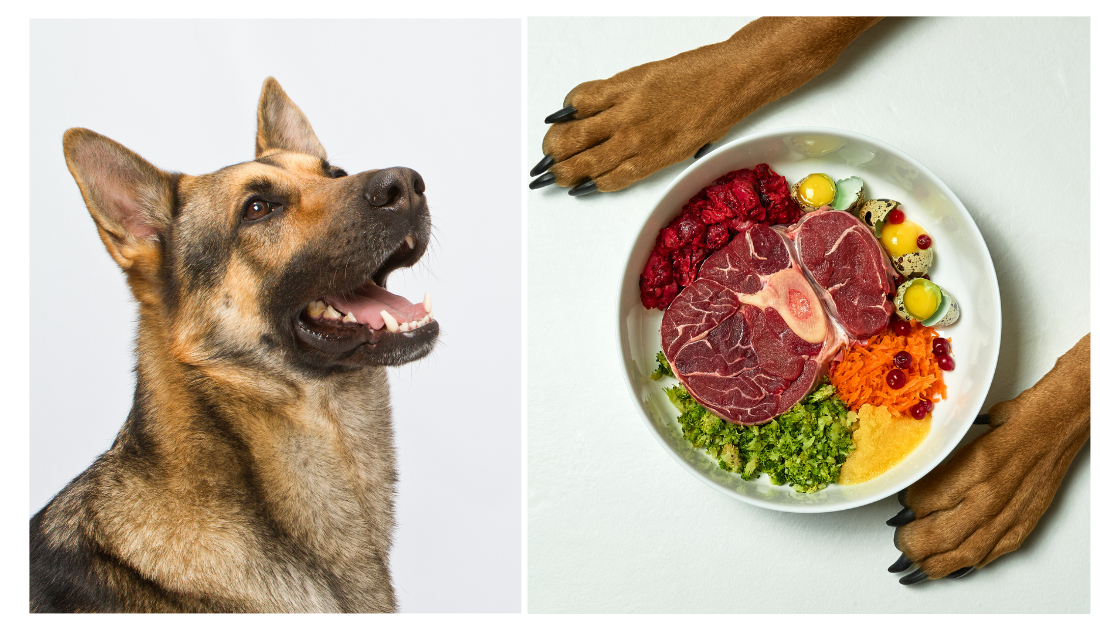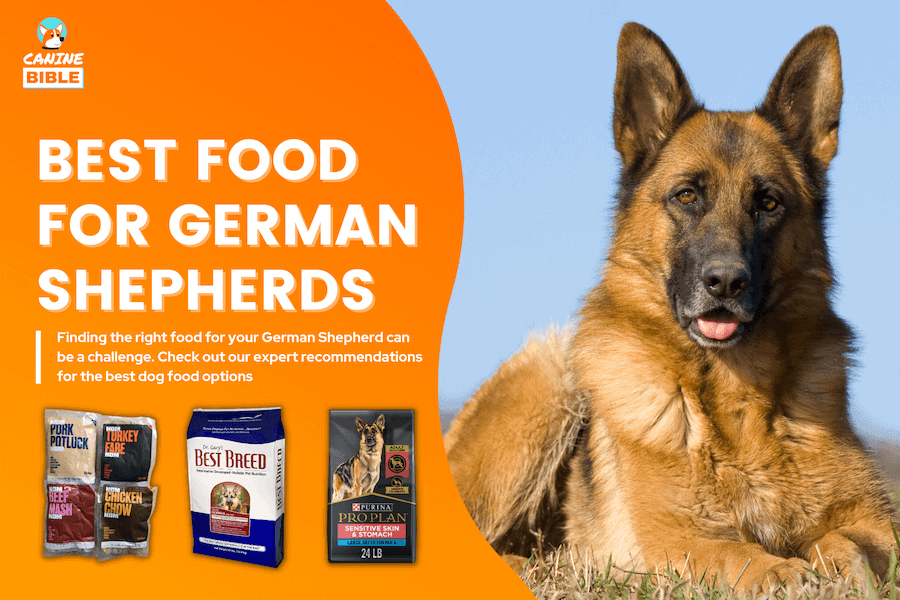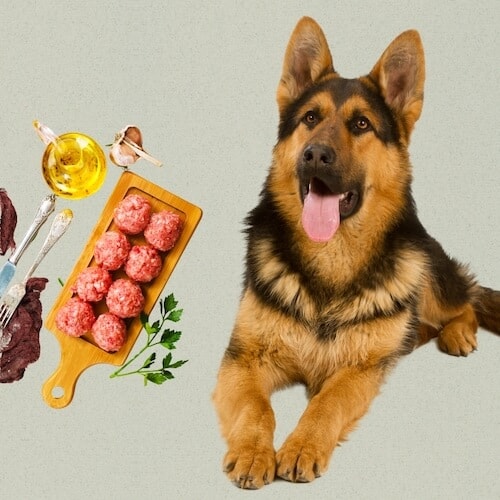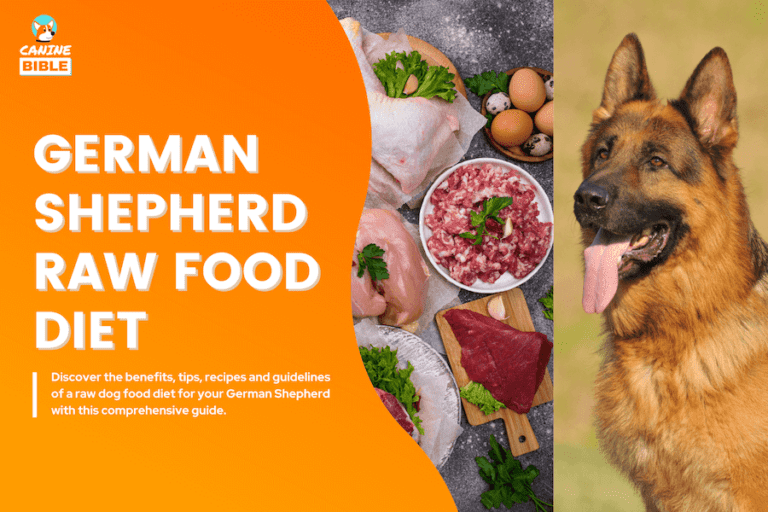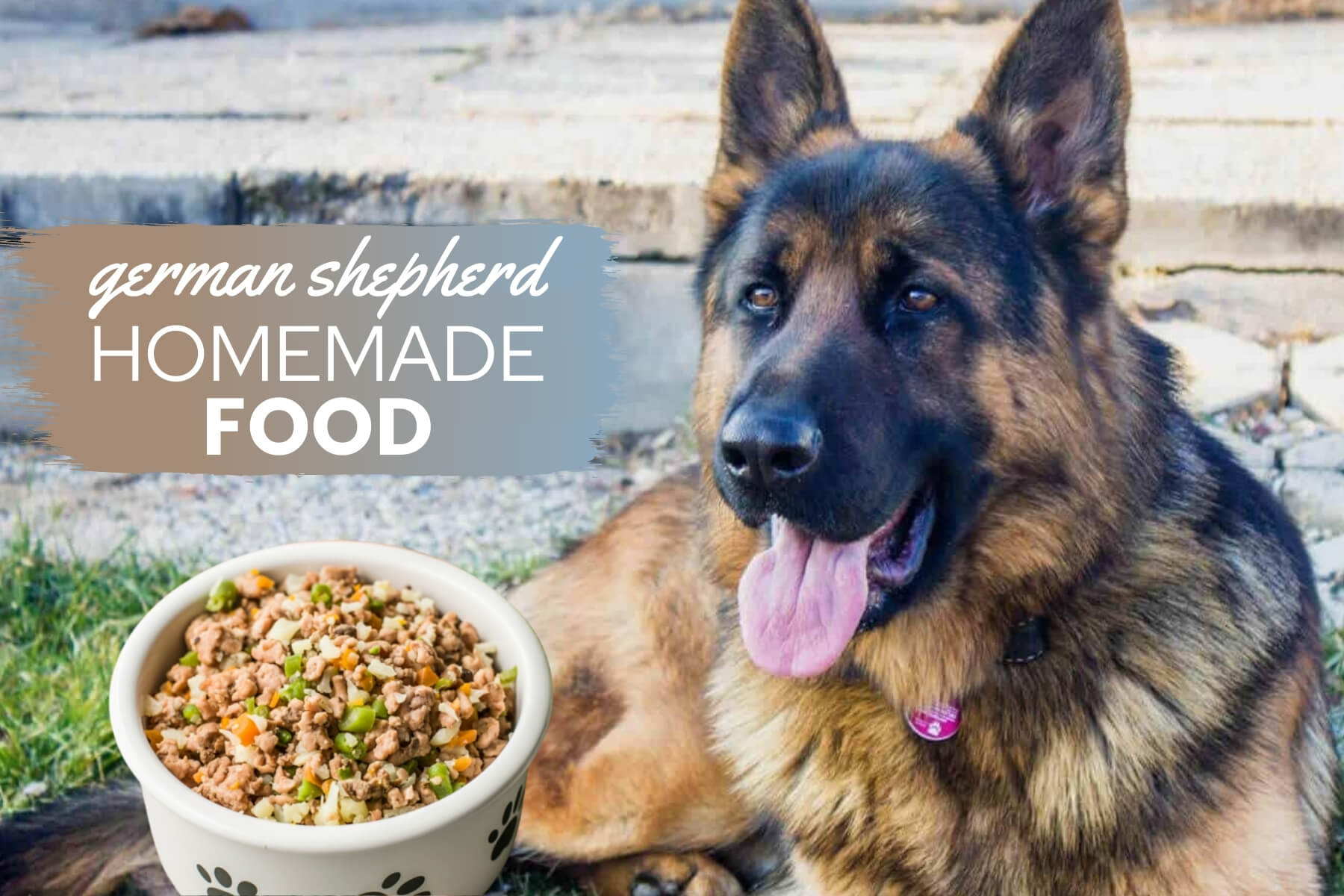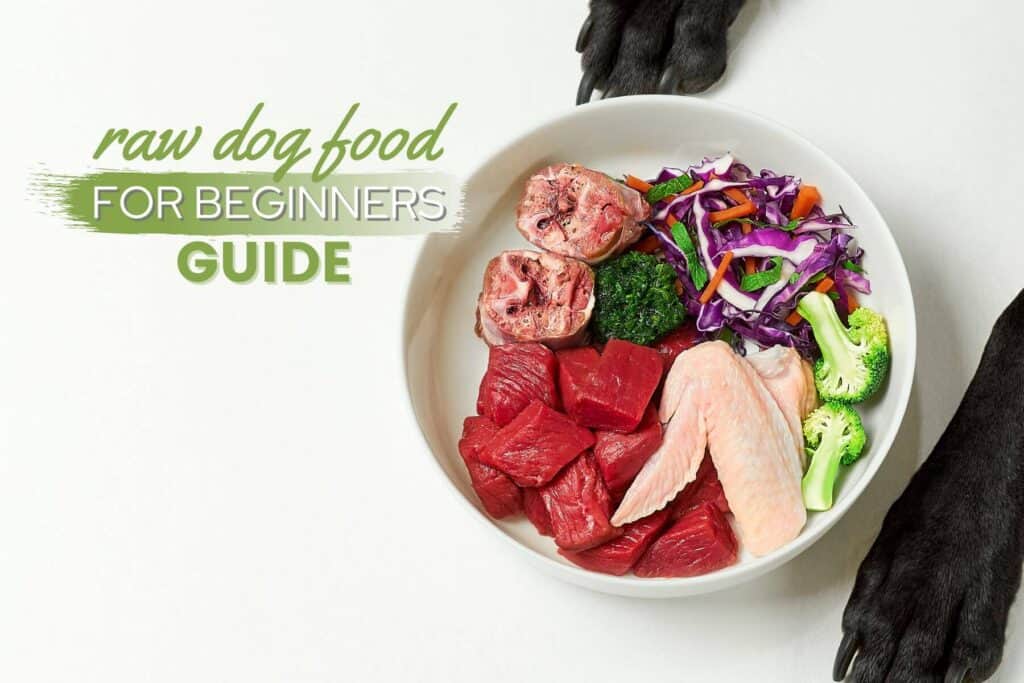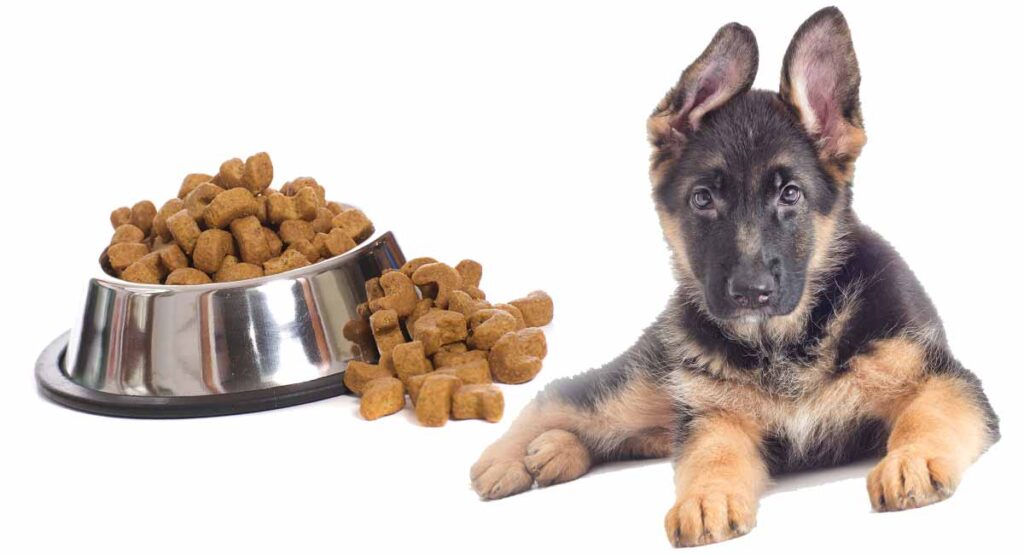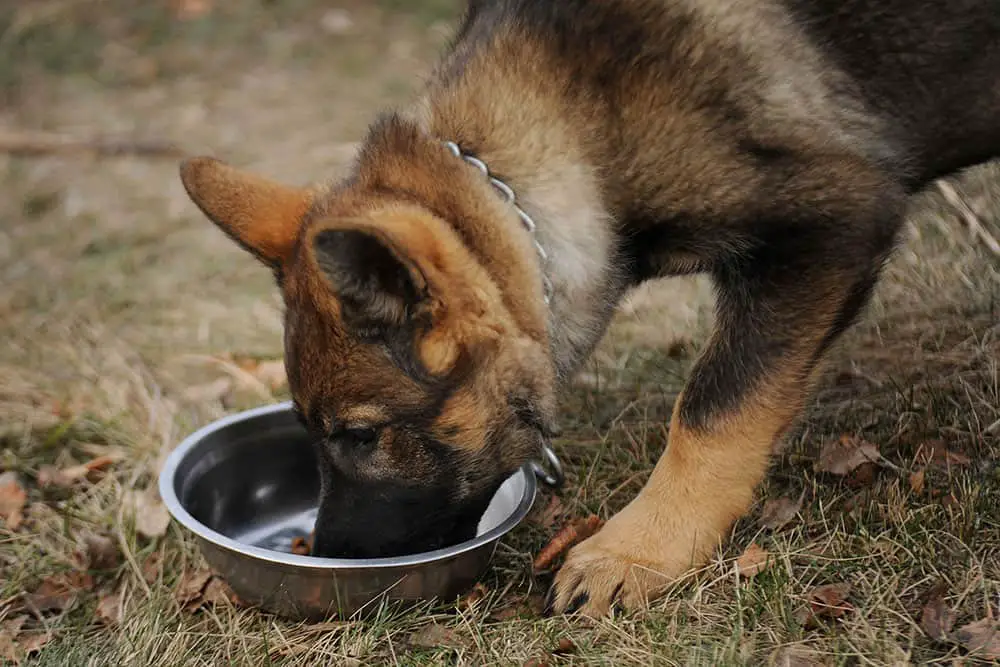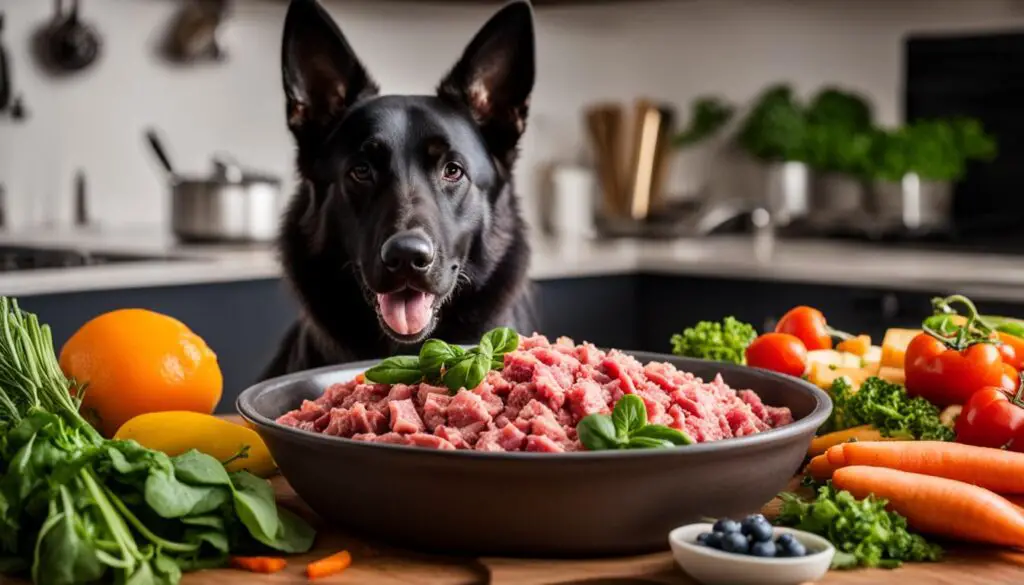Best Raw Food For German Shepherd Puppy

Choosing the right diet for a German Shepherd puppy is crucial for their growth and development, and raw food diets are gaining popularity among owners. However, it's essential to understand the specific nutritional needs of this breed and the potential risks and benefits of a raw food approach.
This article explores the best raw food options for German Shepherd puppies, highlighting key considerations and expert advice to ensure a safe and balanced diet. It aims to provide owners with the information needed to make informed decisions about their puppy's nutrition.
Understanding the Nutritional Needs of German Shepherd Puppies
German Shepherd puppies have unique nutritional requirements compared to adult dogs. They require a diet rich in protein and calcium to support their rapid growth, strong bones, and muscle development.
According to the American Kennel Club (AKC), large-breed puppies like German Shepherds need a carefully balanced diet to prevent developmental orthopedic diseases such as hip dysplasia. Too much calcium or too rapid growth can increase the risk of these issues.
Key Nutrients for Growth
Protein is vital for muscle development, with sources like muscle meat, organ meat (liver, kidney), and eggs being excellent choices. Fat provides energy, and essential fatty acids like Omega-3 and Omega-6 support brain development and a healthy coat.
Calcium and phosphorus are essential for bone growth, but the ratio between them is critical. Over-supplementation of calcium can be detrimental. Consult with a veterinarian or a board-certified veterinary nutritionist to determine the optimal balance for your puppy.
Raw Food Diet Options for German Shepherd Puppies
There are several raw food diet options, including commercially prepared raw food diets and homemade raw food diets. Each option has its pros and cons.
Commercially prepared raw food diets offer convenience and are typically formulated to meet the nutritional needs of puppies. They often come pre-portioned and balanced, reducing the risk of nutrient deficiencies or imbalances.
Homemade raw food diets allow for greater control over ingredients but require significant research and careful planning to ensure they are nutritionally complete. It's crucial to consult with a professional to formulate a balanced recipe.
Potential Benefits of Raw Feeding
Advocates of raw feeding often cite benefits such as improved digestion, a shinier coat, increased energy, and better dental health. These benefits are primarily anecdotal, and more scientific research is needed to definitively prove them.
Some owners also report fewer allergies and skin issues with raw food diets, but this can vary depending on the individual puppy and the ingredients used.
Risks and Precautions
Raw food diets carry potential risks, including bacterial contamination (Salmonella, E. coli) and nutritional imbalances if not properly formulated.
To minimize the risk of bacterial contamination, it's essential to handle raw food safely. This includes proper storage, thawing, and cleaning of food preparation surfaces.
“Always wash your hands thoroughly after handling raw food, and keep raw food separate from other foods to prevent cross-contamination,” recommends Dr. Jane Smith, a veterinary nutritionist.
Another risk is the potential for bone splinters if feeding raw bones. Always supervise your puppy when they are chewing on bones, and avoid feeding cooked bones, as they are more likely to splinter.
Expert Advice and Guidance
Consulting with a veterinarian or a board-certified veterinary nutritionist is crucial before starting a raw food diet for your German Shepherd puppy. They can assess your puppy's individual needs and help you formulate a safe and balanced diet.
Regular monitoring of your puppy's growth and development is also important. This includes tracking their weight, body condition, and overall health. Any signs of digestive upset, such as diarrhea or vomiting, should be addressed immediately.
Conclusion
Raw food diets can be a viable option for German Shepherd puppies, but they require careful planning, research, and professional guidance. Understanding the nutritional needs of this breed and taking necessary precautions is crucial to ensure a safe and balanced diet.
Ultimately, the best diet for your German Shepherd puppy is one that meets their individual needs and supports their healthy growth and development. Prioritizing safety, balance, and expert advice is key to making an informed decision.
